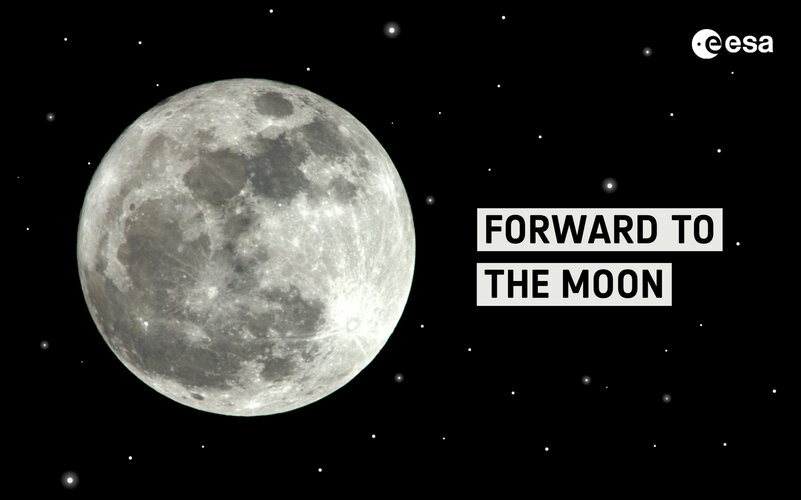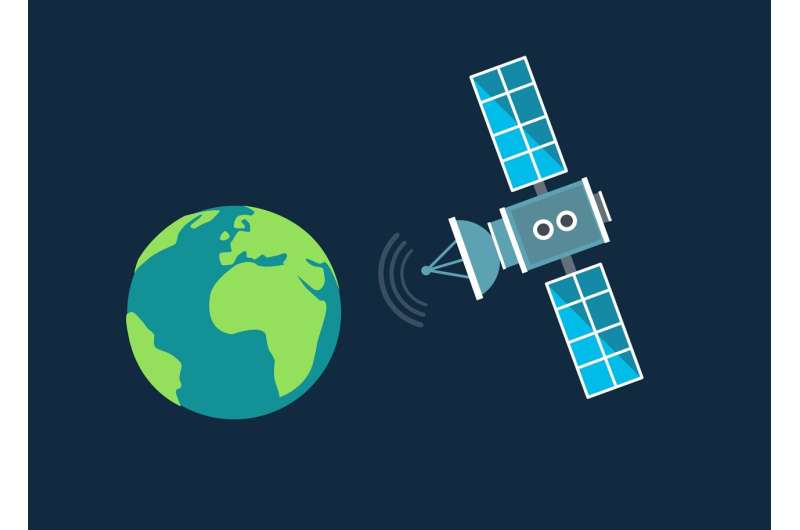
Copernical Team
Scientists succeed for first time growing plants in soil from the moon
 Scientists have managed to grow plants in lunar soil for the first time ever, setting the stage for astronauts to potentially grow their own food on the moon during future missions.
University of Florida researchers were able to grow the plants in small samples of lunar soil - also known as lunar regolith - gathered during the Apollo 11, 12 and 17 missions in the 1960s and 1970s. But
Scientists have managed to grow plants in lunar soil for the first time ever, setting the stage for astronauts to potentially grow their own food on the moon during future missions.
University of Florida researchers were able to grow the plants in small samples of lunar soil - also known as lunar regolith - gathered during the Apollo 11, 12 and 17 missions in the 1960s and 1970s. But DOD focused on hypersonic missile defense development, Admiral Says
 Cruise missiles follow unpredictable flight paths and are now capable of supersonic and hypersonic speeds. Russia and China are developing advanced cruise missiles that can be launched from aircraft, ground launchers and ships or submarines, along with hypersonic missile capabilities.
Navy Vice Adm. Jon A. Hill, director, Missile Defense Agency, discussed the defense against these missiles
Cruise missiles follow unpredictable flight paths and are now capable of supersonic and hypersonic speeds. Russia and China are developing advanced cruise missiles that can be launched from aircraft, ground launchers and ships or submarines, along with hypersonic missile capabilities.
Navy Vice Adm. Jon A. Hill, director, Missile Defense Agency, discussed the defense against these missiles Chinese military deeply alarmed over Starlink's dual-use capabilities
 Beijing's concerns echo criticisms of the South African-born billionaire's satellite internet system by Russia. On Sunday, Roscosmos chief Dmitry Rogozin warned that Elon Musk would be held accountable for supplying Starlink internet terminals to neo-Nazi militants fighting in Ukraine.
SpaceX's plans to increase the constellation of Starlink internet satellites from 12,000 to 42,000 "shoul
Beijing's concerns echo criticisms of the South African-born billionaire's satellite internet system by Russia. On Sunday, Roscosmos chief Dmitry Rogozin warned that Elon Musk would be held accountable for supplying Starlink internet terminals to neo-Nazi militants fighting in Ukraine.
SpaceX's plans to increase the constellation of Starlink internet satellites from 12,000 to 42,000 "shoul Terran Orbital delivers first bus in support of SDA's Transport Layer Tranche 0
 Terran Orbital Corporation (NYSE: LLAP), a global leader in satellite solutions, primarily serving the United States aerospace and defense industry, has announced the successful delivery of the first of ten satellite buses to Lockheed Martin in support of the Space Development Agency's Tranche 0 Transport Layer. This foundation layer represents the initial step in building an interoperable, conn
Terran Orbital Corporation (NYSE: LLAP), a global leader in satellite solutions, primarily serving the United States aerospace and defense industry, has announced the successful delivery of the first of ten satellite buses to Lockheed Martin in support of the Space Development Agency's Tranche 0 Transport Layer. This foundation layer represents the initial step in building an interoperable, conn MIT expands research collaboration with Commonwealth Fusion Systems
 MIT's Plasma Science and Fusion Center (PSFC) will substantially expand its fusion energy research and education activities under a new five-year agreement with Institute spinout Commonwealth Fusion Systems (CFS).
"This expanded relationship puts MIT and PSFC in a prime position to be an even stronger academic leader that can help deliver the research and education needs of the burgeoning
MIT's Plasma Science and Fusion Center (PSFC) will substantially expand its fusion energy research and education activities under a new five-year agreement with Institute spinout Commonwealth Fusion Systems (CFS).
"This expanded relationship puts MIT and PSFC in a prime position to be an even stronger academic leader that can help deliver the research and education needs of the burgeoning Scientists successfully grow plants in soil from the Moon
 That's one small pot of soil, one giant leap for man's knowledge of space agriculture: scientists have for the first time grown plants in lunar soil brought back by astronauts in the Apollo program.
The ground-breaking experiment, detailed in the journal Communications Biology on Thursday, has given researchers hope that it may be possible to one day grow plants directly on the Moon.
Tha
That's one small pot of soil, one giant leap for man's knowledge of space agriculture: scientists have for the first time grown plants in lunar soil brought back by astronauts in the Apollo program.
The ground-breaking experiment, detailed in the journal Communications Biology on Thursday, has given researchers hope that it may be possible to one day grow plants directly on the Moon.
Tha Week in images: 09-13 May 2022

Week in images: 09-13 May 2022
Discover our week through the lens
Forward to the Moon: interactive publication

As Artemis sets its sights on the Moon, powered by the European Service Module (ESM), all eyes will again turn to the night sky. This interactive publication encourages us to look up at our natural satellite and think about how the Moon has inspired us, from Ancient Greece to the 21st century, to develop our understanding of astronomy, physics and our place in the Solar System.
Earth from Space: Arc de Triomphe

This striking, high-resolution image of the Arc de Triomphe, in Paris, was captured by Planet SkySat – a fleet of satellites that have just joined ESA’s Third Party Mission Programme in April 2022.
Yup, Earth is still there: GOES-18 goes online, sends 1st image of planet

"Hello, world!"
A NASA tweet greeted the internet Wednesday with a beautiful image of the bluish gem-like Earth—the first image captured by the newest weather satellite orbiting the planet.
GOES-18, short for Geostationary Operational Environmental Satellite, blasted off in March from Cape Canaveral Space Force Station on a United Launch Alliance Atlas V rocket thanks to a collaboration between the National Oceanic and Atmospheric Administration and NASA along with several other partners.
GOES-18 is a weather monitoring satellite that should help meteorologists determine potential areas of disaster before they occur in the western part of the United States as well as Alaska and Hawaii, according to the NOAA. It will primarily be used to monitor and predict disaster events like hurricanes, thunderstorms, floods, dense fog and fire.
Among its utility belt of tools, GOES-18 has an Advanced Baseline Imager (ABI), which can view the Earth in 16 different kinds of spectral bands including two visible channels, four near-infrared channels and 10 infrared channels. The previous generation of GOES could only view five different bands. The ABI will help scientists predict where fires on the west coast could start before they ever form, said Pam Sullivan director of the GOES-R program.
